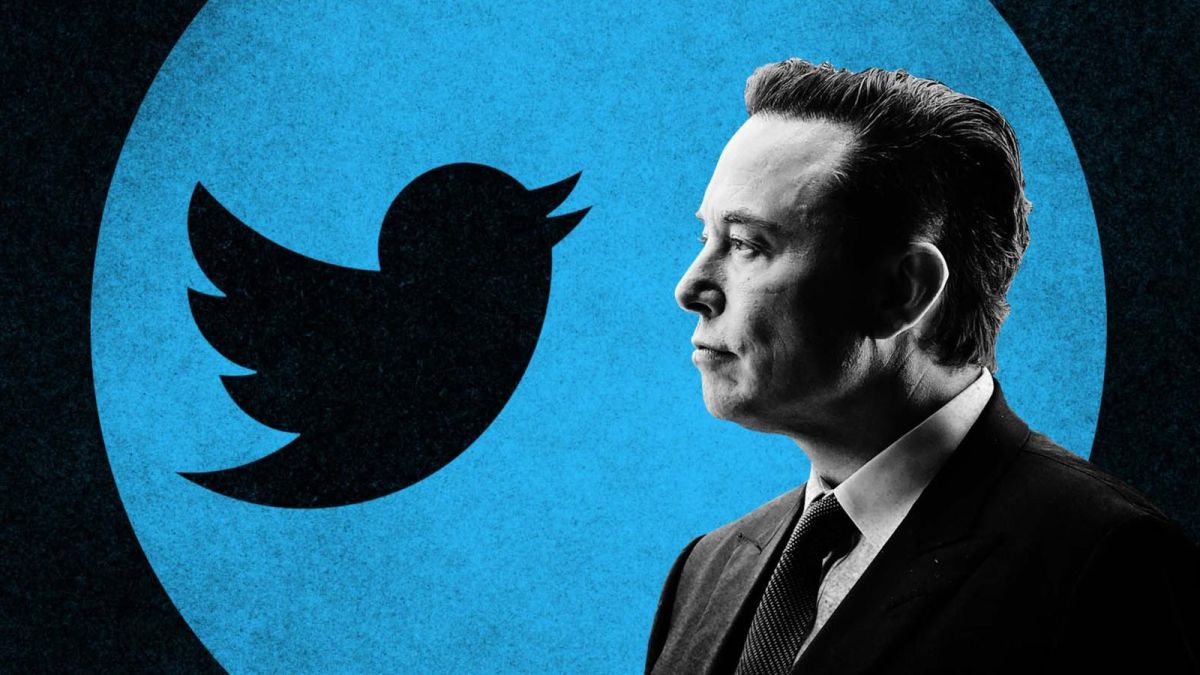Elon Musk announced on Thursday that Twitter would have a new CEO and that he will transition into a technical and product position.
Musk announced on Twitter that an unnamed woman would take over as CEO in around six weeks.
He continued, “I’ll go from being exec chair to being CTO, overseeing product, software, and sysops.”
Tesla stock increased by more than 2%, indicating that investors approved of the decision.
Many Tesla investors believed that Musk should devote more of his time to managing the electric vehicle company where he now serves as CEO because he was too preoccupied with operating Twitter.
Numerous forward-thinking Tesla stockholders openly pushed the company’s board to ensure that Musk would devote more time to the automaker in April.
The $44 billion purchase of Twitter by Musk, who is also the CEO of the company that makes reusable rockets, was finalised in October of last year, and he quickly established himself there. The company’s top executives were sacked, and hundreds of workers were also let go.
As a result of a surge in hate speech and inflammatory speech on the social messaging service under his leadership, some corporations stopped running their paid promotional campaigns, which has hurt Twitter’s primary advertising income, according to advocacy groups.
With a new subscription service called Twitter Blue that offers capabilities like the capacity to create longer tweets, Musk has attempted to make up for the deficiency.
The business let potential impostors in by removing so-called “legacy” blue checkmarks from non-paying users whose identities had been confirmed in April.
Government accounts and a few business accounts will continue to use a unique set of icons in silver and gold, respectively, for verification.
Additionally, he reinstated users who had been banned from the platform and courted political controversy by asserting things such that the media was biased against white and Asian people.
During Musk’s time as CEO of Twitter, the firm has also endured a number of technological glitches and outages, some of which were accompanied by significant layoffs that Musk justified as being required for the company’s financial stability.


